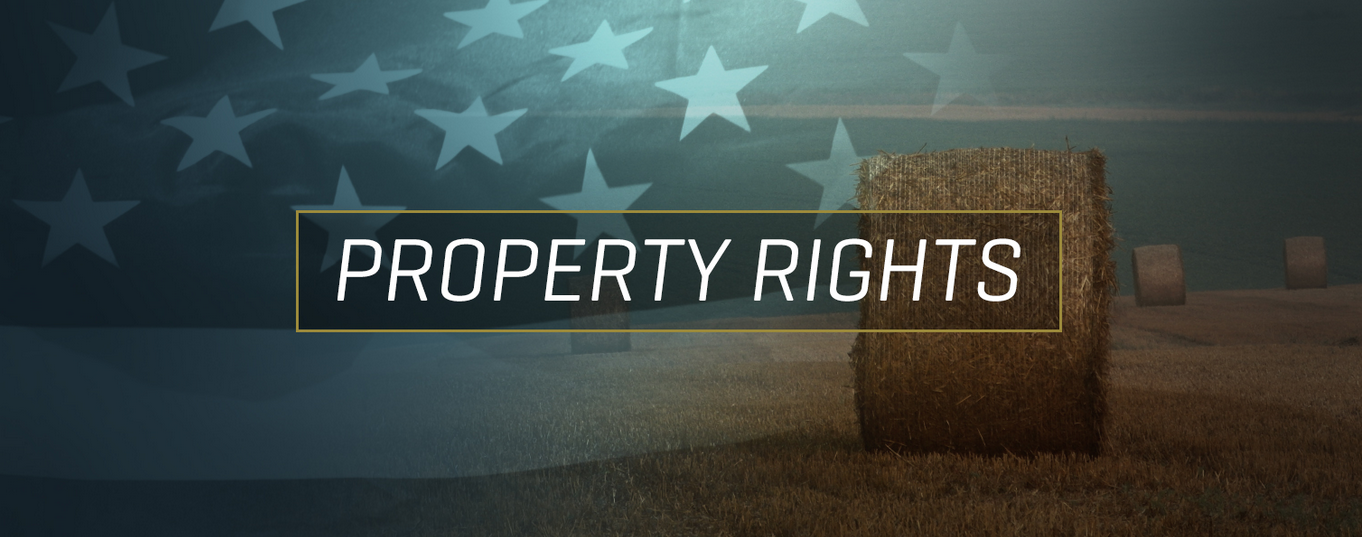|
The Definition / Meaning of Property Rights Property rights are the legal rights that companies have on an object or creature that they own. The owners (entities) can be individuals, companies, charities, governments, trusts, etc. Property rights are one of the most basic rights in a free society. Property rights are a matter of course in today's western democracies. The term refers to the ownership of a resource or an asset - either tangible or intangible (physical or abstract) and how it can be used by the owner. Property rights, often referred to as a bundle of rights, consist of four main components: - The right to use the good (real estate property is), - The right to earn an income from it, - The right to transfer it to others, and - The right to enforce property rights. In most advanced economies, property rights can be expanded through documents, copyrights, and patents to protect scarce material resources such as land, buildings, cars, etc., to protect non-human beings such as cats, dogs, horses, and other pets, and even inventions and other types of animals intellectual property. Different Interpretations of Property Rights We all seem to have an opinion about property rights, be it our own, other people's, or the rights of society. Lawyers and economists rarely agree on what the term Agen Poker Online means. Discussions can reveal controversial and different opinions and often relate to larger issues such as land use, planning, regulation, etc. Read More : The Definition of Real Estate and How The Industry Works According to an article on the University of Illinois website, property rights are: “Establish relationships between participants in every social and economic system. Ownership of ownership is an expression of the relative power of the owner. When we have such powers or rights, certain responses are commanded by others that are enforced by the community or our culture. " “For example, a producer who owns 100 acres of arable land is entitled to the income from his property, management skills, and common sense. It is protected from violations by the cultural practices of its neighbors and the laws of the community. The production or flow of benefits from the land is to sell, give away, or otherwise dispose of the land as he sees fit. " Neil Meyer, professor at the University of Idaho for Agricultural and Life Sciences, wrote the following in an Agen Poker article - Property Rights: An Introduction: “Property actually refers to the right to a stream of benefits from a given set of resources. In the United States, access to these services is controlled in four basic ways: private property plus three forms of public property - open access, closed access, and government. " According to Agen Poker Terpercaya, Property rights only play a role when a number of people begin to form a community. An individual who lived in complete isolation in a remote part of northern Australia at the beginning of the 19th century was not in the least concerned about property rights.
When people gather and hamlets become villages and these become small towns, the need for specific property ownership regulations is becoming increasingly urgent. Property rights are then defined by the various groups or communities that are formed. This is why the term has so many definitions in the English-speaking countries and in the rest of the world. Tags : Property, Property Rights, Definition, Interpretations, Ownership
0 Comments
Leave a Reply. |


